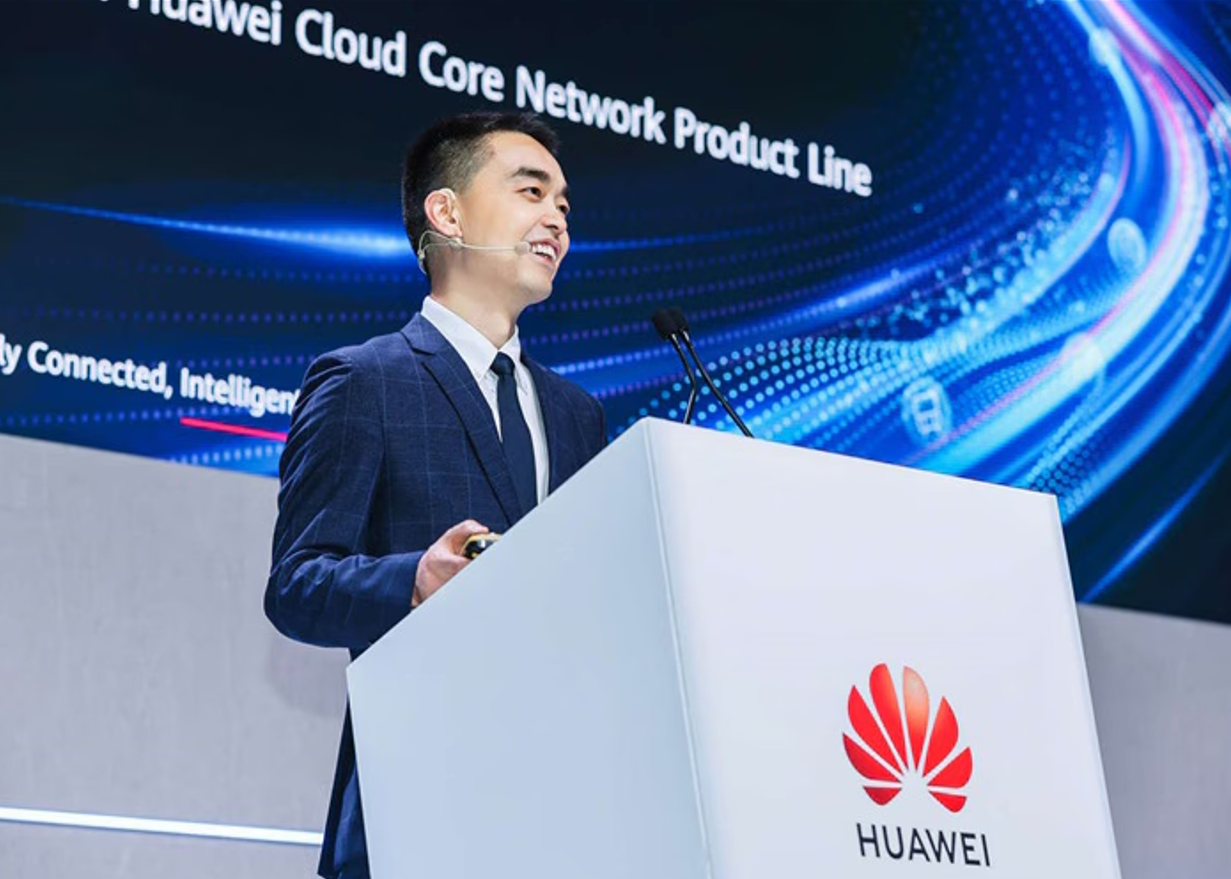Artificial Intelligence
MWC 2025: Huawei launches first AI core network
For mobile network operators, a self-driving mobile network promises seamless interlinking of AI agents.
The mobile industry’s first AI Core Network, an autonomous generative mobile network capable of self-optimisation – think of it as the network version of a self-driving car – was launched by Huawei at MWC 2025 in Barcelona on Monday.
George Gao, president of the Huawei Cloud core network product line, announcing the launch, said it would enable the whole industry to evolve from connecting everything intelligently to seamlessly interlinking AI-driven agents, terminals, and scenarios.
As AI reshapes industries, he said, intelligent terminals and services demand core networks that transcend traditional connectivity. To address this issue, the core network must integrate capabilities in connectivity, computing, perception, memory, and digital twin simulation.
“The AI core network will become a critical telecom infrastructure in the mobile AI era,” said Gao “Huawei will work with telecom operators and industry partners to seize the opportunities of digital and intelligent development, go beyond from introducing AI to the core network to leveraging AI and the core network for innovative services, and accelerate the transition to an intelligent world.”
Huawei’s AI Core Network rollout will be rolled out in two phases:
- Phase 1 – 5G-A Intelligent Core: The 5G-Advanced network will integrate AI agents to enhance intelligent network capabilities. By introducing computing-network convergence, the network can boost intelligent computing capabilities for terminals while overcoming their computing power and energy efficiency bottlenecks.
- Phase 2 – Agentic Core: Leveraging AI-based architecture (AIBA), the network will be an autonomous generative network capable of self-optimisation, meaning it will dynamically adapt to diverse real-time service needs.
Gao said that Huawei’s 5G-A Intelligent Core equips operators with three types of AI agents, to monetise intelligence. Huawei is also building an intelligent distributed computing infrastructure, featuring low-latency and high-bandwidth, to provide computing and network convergence services to terminals and industries.
He described these three agent types:
- Calling agents process multi-modal inputs (voice, video, gestures) to transform traditional dial pads into intent-driven task managers, facilitating one-stop closed-loop of service tasks and capturing service entry opportunities.
- Personalised experience agents dynamically schedule network resources for differentiated user experiences, redefining user experience, providing operators with an entry to experience monetisation.
- Digital expert agents resolve complaints and alarms via natural language interaction and AI inference, streamlining O&M through a unified portal.
Huawei also introduced the Telco Intelligent Converged Cloud, upgrading traditional infrastructure with unified hardware management. It incorporates an AI engine, and the FusionMind AI enablement platform, to deliver robust computing resources and high-performance training and inference services.
- For more information, visit: https://carrier.huawei.com/en/events/mwc2025


















